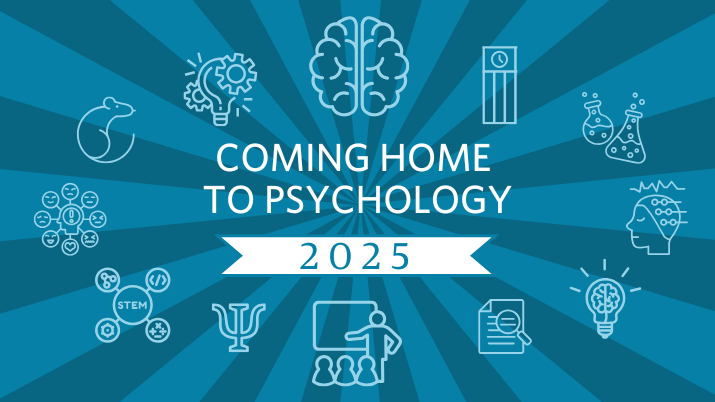VIDEO
FEATURING
Dr. Daniel Kahneman, Professor of Psychology and Public Affairs Emeritus at the Princeton School of Public and International Affairs.
HOSTS
An interview with Dr. Kahneman by Dr. Jiaying Zhao (UBC Psychology), Dr. Dale Griffin, (Decision Insights for Business & Society, Sauder School of Business), and Dr. Matt Lowe (Vancouver School of Economics) on his new book: Noise: A Flaw in Human Judgment.
BIO


DR. Daniel Kahneman. Photo: ThinkingHeads.com
Dr. Daniel Kahneman is Professor of Psychology and Public Affairs Emeritus at the Woodrow Wilson School, the Eugene Higgins Professor of Psychology Emeritus at Princeton University, and a fellow of the Center for Rationality at the Hebrew University in Jerusalem. Dr. Kahneman is notable for his work on the psychology of judgment and decision-making, as well as behavioural economics, for which he was awarded the 2002 Nobel Memorial Prize in Economic Sciences.
Dr. Kahneman has held the position of professor of psychology at the Hebrew University in Jerusalem (1970-1978), the University of British Columbia (1978-1986), and the University of California, Berkeley (1986-1994). Dr. Kahneman is a member of the National Academy of Science, the Philosophical Society, the American Academy of Arts and Sciences and a fellow of the American Psychological Association, the American Psychological Society, the Society of Experimental Psychologists, and the Econometric Society. He has been the recipient of many awards, among them the Distinguished Scientific Contribution Award of the American Psychological Association (1982) and the Grawemeyer Prize (2002), both jointly with Amos Tversky, the Warren Medal of the Society of Experimental Psychologists (1995), the Hilgard Award for Career Contributions to General Psychology (1995), the Nobel Prize in Economic Sciences (2002), and the Lifetime Contribution Award of the American Psychological Association (2007).


